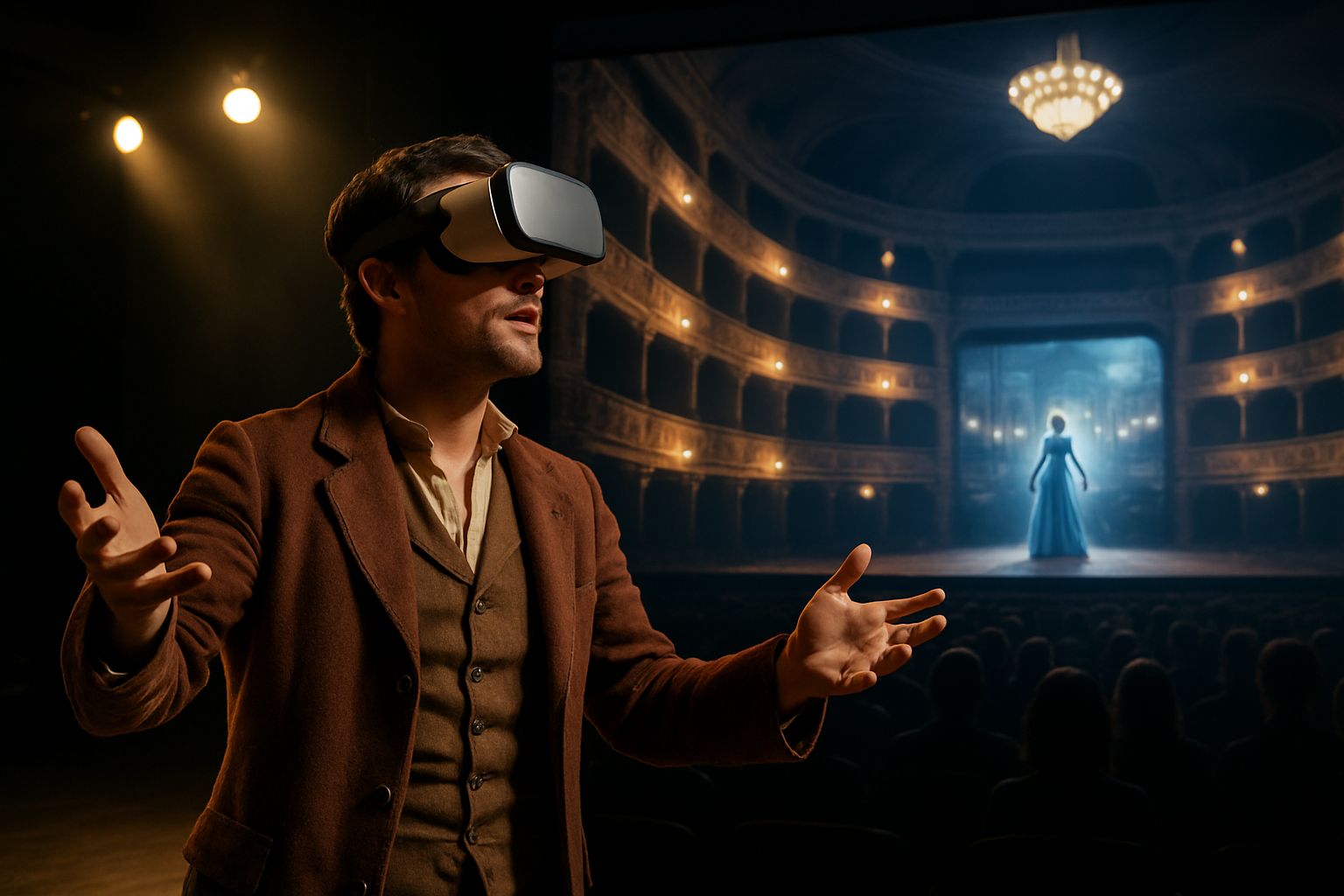Avant-Garde Culinary Theater: Where Food Meets Performance Art
In a world where dining experiences are constantly evolving, a new frontier has emerged at the intersection of gastronomy and performance art. Avant-garde culinary theater is revolutionizing the way we perceive and interact with food, blurring the lines between sustenance and spectacle. This innovative approach to dining challenges traditional notions of restaurants and pushes the boundaries of culinary creativity, offering patrons an immersive journey that engages all the senses.

Beyond the Plate: The Rise of Multi-Sensory Experiences
Modern culinary theater goes far beyond simply presenting visually stunning dishes. It encompasses a holistic approach to dining that engages all five senses. Restaurants are now employing lighting designers, sound engineers, and even perfumers to create fully immersive environments. Diners might find themselves eating in complete darkness, surrounded by carefully curated scents, or listening to a synchronized soundtrack that complements each course.
The Role of Technology in Culinary Performances
Cutting-edge technology plays a crucial role in many avant-garde culinary theater experiences. Projection mapping, virtual reality, and augmented reality are being used to transform dining spaces and enhance the storytelling aspect of meals. Some restaurants are even experimenting with AI-generated flavor combinations and 3D-printed food sculptures, pushing the boundaries of what’s possible in the culinary world.
The Psychology of Immersive Dining
The success of culinary theater lies in its ability to tap into human psychology and emotions. By creating multi-sensory experiences, these performances can evoke memories, trigger emotional responses, and challenge preconceptions about food. Research has shown that such immersive dining experiences can enhance flavor perception and overall enjoyment, leading to a more memorable and impactful meal.
Criticisms and Controversies
While culinary theater has gained a devoted following, it’s not without its critics. Some argue that the focus on spectacle can overshadow the quality of the food itself, while others question the accessibility and elitism of such experiences. There are also concerns about the environmental impact of elaborate productions and the potential for cultural appropriation in themed dining events.
The Future of Dining as Performance
As culinary theater continues to evolve, we can expect to see even more innovative and boundary-pushing concepts. From narrative-driven pop-up restaurants to interactive dining experiences that blur the line between audience and performer, the future of dining promises to be an exciting and unpredictable journey. With chefs collaborating with artists, scientists, and technologists, the possibilities for culinary theater are limitless.
Conclusion: A New Chapter in Gastronomic History
Avant-garde culinary theater represents a significant shift in how we approach food and dining. By combining the culinary arts with elements of performance, technology, and psychology, it offers a unique and thought-provoking experience that challenges our perceptions and engages our senses in new ways. As this movement continues to grow and evolve, it has the potential to reshape not only the restaurant industry but also our relationship with food itself.





